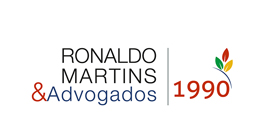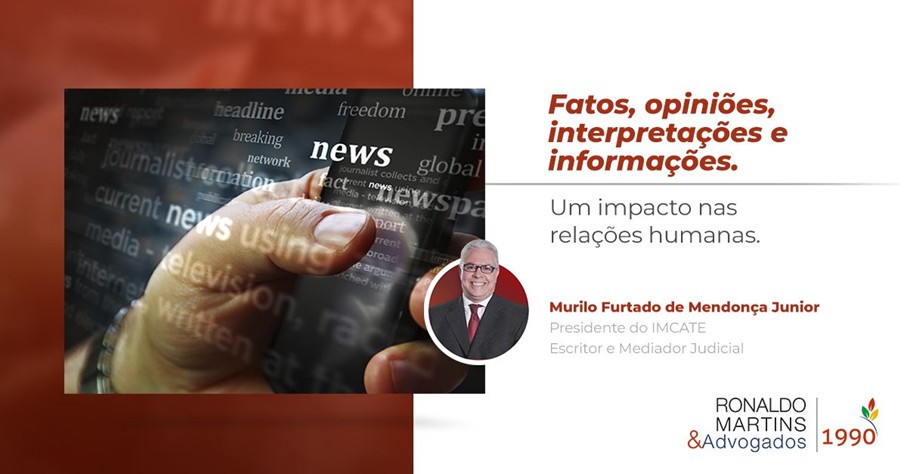THE SEMIOTICS OF INFORMATION: FACTS, OPINIONS, AND THE ART OF INTERPRETATION
In a world flooded with information, information semiotics helps us navigate this sea of data, unraveling the complex relationship between facts, opinions, and interpretation. In the dichotomy between facts and opinions, facts are characterized as verifiable, objective elements that are independent of individual interpretation, while opinions are subjective expressions influenced by personal beliefs, values, and experiences.
The interpretations I refer to may be tainted by biases and misconceptions, which present intellectual and cognitive barriers due to the agent’s low literacy or limited life experience. There is still a tendency to seek interpretations of information that confirm pre-existing beliefs. Here we see a sharp cognitive dissonance with discomfort caused by conflicting information, which naturally leads to a distortion of reality.
When I refer to semiotics and the construction of meaning, I want to emphasize context, codes, and conventions.
However, the consequences of misinterpretation result in misinformation, arising from the intentional or unintentional dissemination of false or inaccurate information, polarization and division of society into opposing groups with increasingly extreme worldviews, radicalization, and the adoption of extremist ideas and behaviors, which are often violent.
In this context, the role of education and critical thinking is to develop critical analysis and source evaluation skills, promote dialogue and rational argumentation, and stimulate intellectual curiosity and constant questioning.
The responsibility of the media and opinion makers is essential with the adoption of ethics, impartiality, and transparency, but this is not what we have seen or read. It is necessary to ratify the commitment to fact-checking and presenting different perspectives, combating misinformation and polarization, and promoting informed and constructive public debate.
To navigate the sea of information with awareness and responsibility, knowledge of the dynamics of information semiotics provides us with tools to understand the complexity of communication and its impact on society. The development of critical thinking and the ability to interpret information consciously is essential for building a more informed and democratic future. Each of us has a role to play in promoting quality information and, above all, in combating misinformation.
This article was written by Murilo Furtado de Mendonça Junior, corporate education officer at EduCorp, writer and professor of conflict mediation and negotiation, under the legal supervision of Ronaldo Martins & Advogados.
For more information, contact Mr. Murilo Furtado de Mendonça Junior,
Master’s Degree in Communication & Negotiation
(murilo.furtado@ronaldomartins.adv.br)
Tel. + 55 (11) 99366-0215 / +55 (11) and 3066-4800


